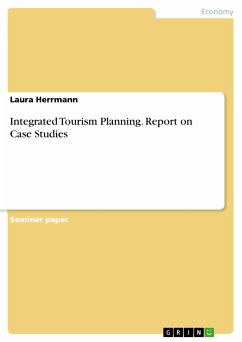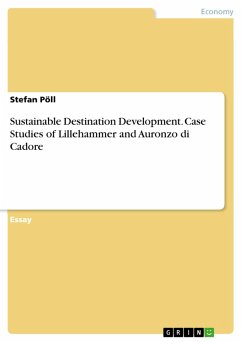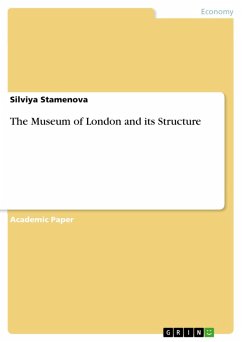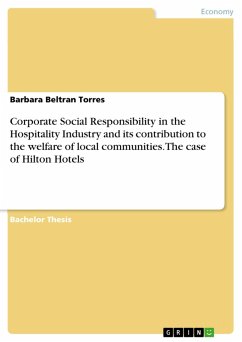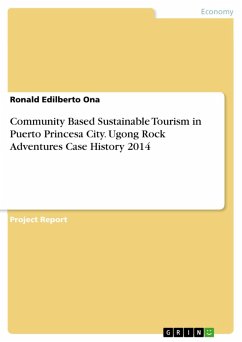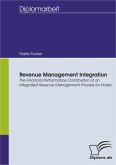Seminar paper from the year 2013 in the subject Tourism - Miscellaneous, grade: 1,0, Stralsund University of Applied Sciences, course: Integrated Tourism Planning, language: English, abstract: Attempts to define the concept of community based tourism often find quite different words and formulations, but always coming back to close similarities to sustainable tourism, eco tourism or rural tourism. As a subcategory of sustainable tourism, the term is mostly used in context with third world countries, but also other rather rural regions (Bittner, 2006). Community based tourism aims to replace mass tourism and is supposed to make host communities use the tourism business for self-determination and to involve local residents in the planning process by complementing their traditional lifestyles with opportunities for local employment and business (Addison, 1996). Therefore all tourism measures should focus on the optimization of local economic benefits and protecting the host environment, natural and built (Page, 2006). Implementing community based tourism, both the tourist and the host communities should benefit and cross-cultural education and communication is, in an ideal situation, promoted. Also preserving local traditions and developing a "public participation program that [makes] clear to local residents the benefits and potential hazards of the tourism industry" (Addison, 1996: 304) is necessary. Another significant fact is to promote all-year-around tourism so that the local community does not seasonally depend on the income of tourism. To realize this, a culturally and environmentally appropriate tourism plan has to be developed. [...]
Dieser Download kann aus rechtlichen Gründen nur mit Rechnungsadresse in A, B, BG, CY, CZ, D, DK, EW, E, FIN, F, GR, HR, H, IRL, I, LT, L, LR, M, NL, PL, P, R, S, SLO, SK ausgeliefert werden.

